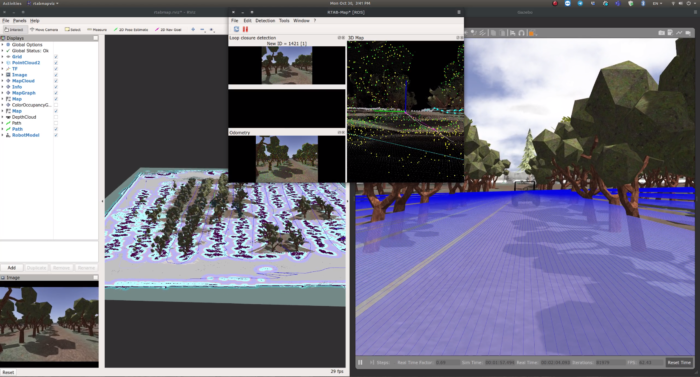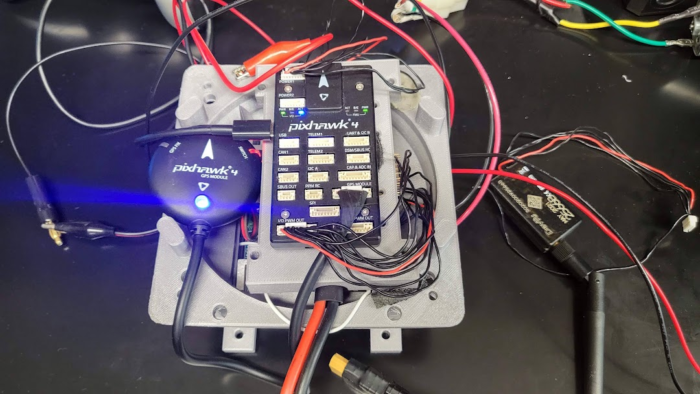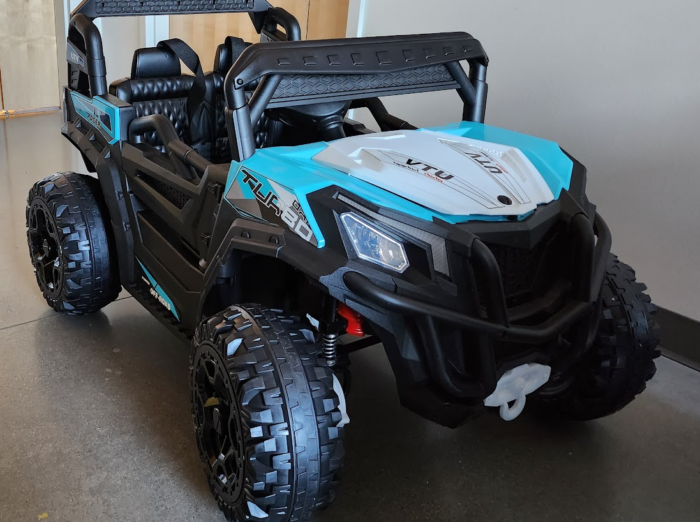A project titled “Development of Machine Learning Algorithms for Electric Autonomous Agricultural Vehicles” has been awarded. This project is sponsored by WApplE Cloud Co., Ltd. It will start on January 1, 2024, and end on June 30, 2024.


The proposal, “RID: Open-Source Autonomous Ground Vehicular Robotics Platform,” has been awarded for Research Initiation & Development (RID – FY24 Fall Cycle). 1/15/2024 – 1/14/2025.
I am looking for a graduate student who will work on this project during this summer. Please contact me if you are interested in joining this project.


The new industry of highly automated mobile robots, including autonomous vehicles, is in high demand for skilled engineers. Engineers for the industry require interdisciplinary knowledge and skillsets, including basic programming skills, electric circuitry, robotic kinematics, machine learning, and Artificial Intelligence (AI). Academia has been trying to respond to the high demand, and there have been efforts to integrate the interdisciplinary knowledge of highly automated intelligent systems, including autonomous vehicles, into their curricula. The integration of the new skillsets or restructuring of the existing curricula is, however, a very challenging task. Some efforts have been made by introducing a small-scale (1/24th, 1/16th, or 1/10th) vehicle to teach the relevant knowledge and skillsets and train researchers and engineers. The MIT RACECAR, F1TENTH, MuSHR, Go-CHART, Dockiebots of Duckietown, and Donkey Car are part of the efforts. A major limitation of the current approaches is in the following two dimensions: (i) The lack of reproducibility owing to heavy craftsmanship requirements due to extensive modifications of the vehicular platform that include removal and replacement of motors, installation of a new ESC (Electronic Speed Controller), custom Printed Circuit Boards, etc. (ii) The restricted onboard processing capabilities due to the platform size (1/24th scale two-wheel or four-wheel differential driving and 1/10th scale Remote Controlled (RC) car). To overcome these major limitations, this project brings forward an innovative idea of building a 1/4th scaled vehicle without extensive modification and providing full-stack software for AI-based perception, planning, and control.